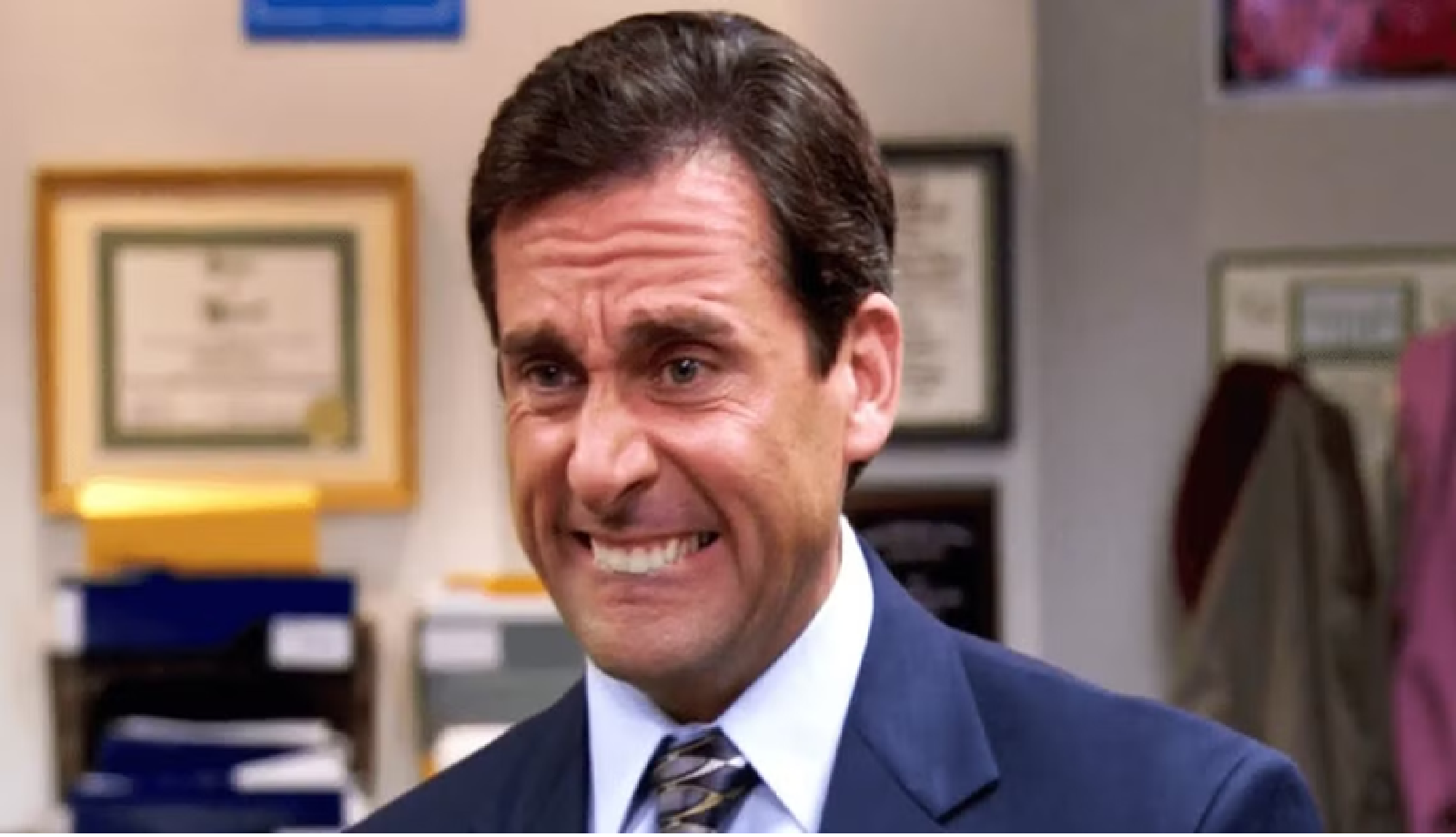
Much of The Office‘s effectiveness stems from its simplicity. Centering on an ignominious regional paper company branch in Scranton, Pennsylvania, the show explores the dynamics and relationships that define an ostensibly ordinary and instantly recognizable workplace. Like any office, Dunder Mifflin features overbearing managers, irritating coworkers, and unrequited crushes. However, what sets the show apart is how it explores these universal themes with compassion, a wicked sense of humor, and a humanity that makes the comedy much more effective than it has any right to be. The result is a timeless sitcom that deserves to be considered a classic.
The Office Grew To Become An Iconic Comedy
It Changed & Developed As The Series Went On
One of the show’s biggest strengths is that extended seasons give different plot threads time and space – a major advantage over the truncated original.
The Office really comes into its own when it forges its own path. After a tepid first season, the show soon gave the vibrant Dunder Mifflin family breathing room. Not only are characters like Michael, Dwight, Jim, and Pam allowed to differentiate themselves from their British counterparts (each showcasing personalities that are uniquely endearing and charismatic), but supporting players like Kevin, Stanley, Phyllis, and even the Eeyore-like HR representative Toby also start to shine. One of the show’s biggest strengths is that extended seasons give different plot threads time and space – a major advantage over the truncated original.
Later Seasons Prevent The Office From Being Perfect
It Strayed From What Made It So Great
In The Office‘s middle seasons, the combination of the central characters, loveable supporting players, engaging and believable storylines, and genuinely inspired jokes makes the show a must-watch for any sitcom fan. However, while the “Golden Age” of seasons 2 to 6 set a new benchmark for workplace comedy, there is a wrinkle in the show’s reputation. Even die-hard Office fans would be hard-pressed to claim that later seasons – especially after the departure of central players like Carrell – can hold a candle to the show’s glory days.
However, even if it tails off towards the end, there is no denying the comedy greatness on display in The Office‘s prime seasons. The fact that the show’s influence can be seen in genre staples from Parks & Recreation to Brooklyn Nine-Nine is a testament to how affecting and effective the series’ approach could be. It may not be faultless, but The Office is a comedy classic that still feels essential, nearly two decades on.
